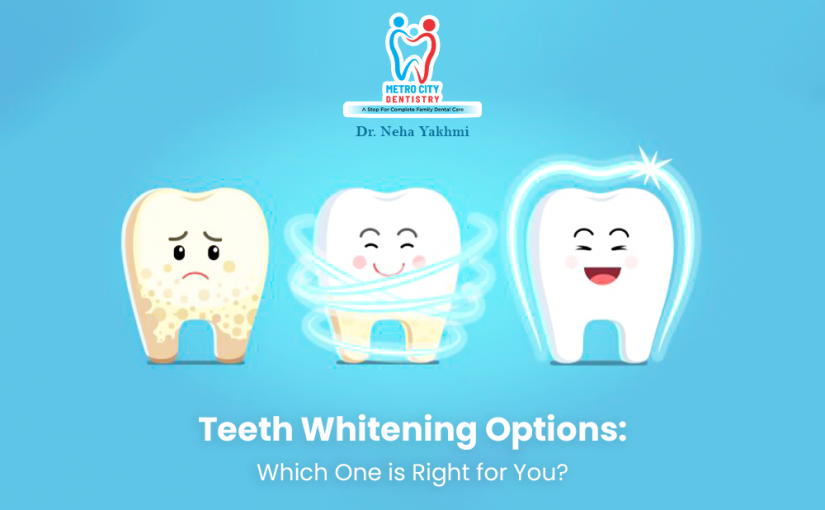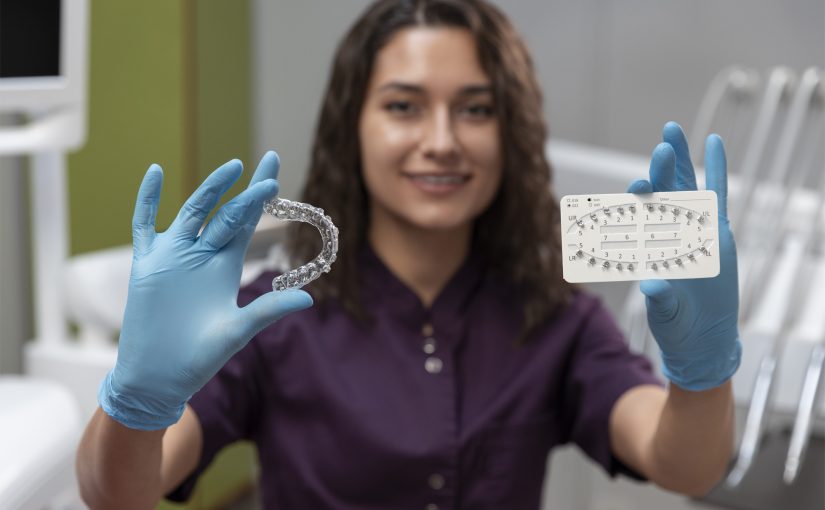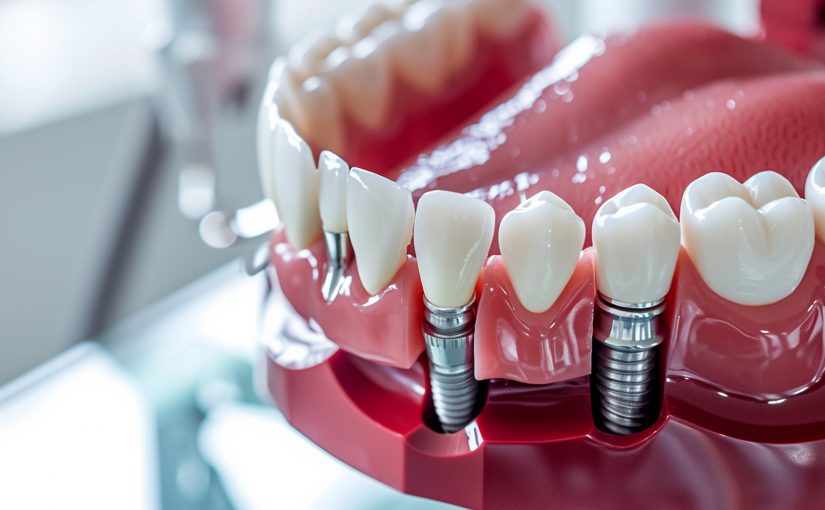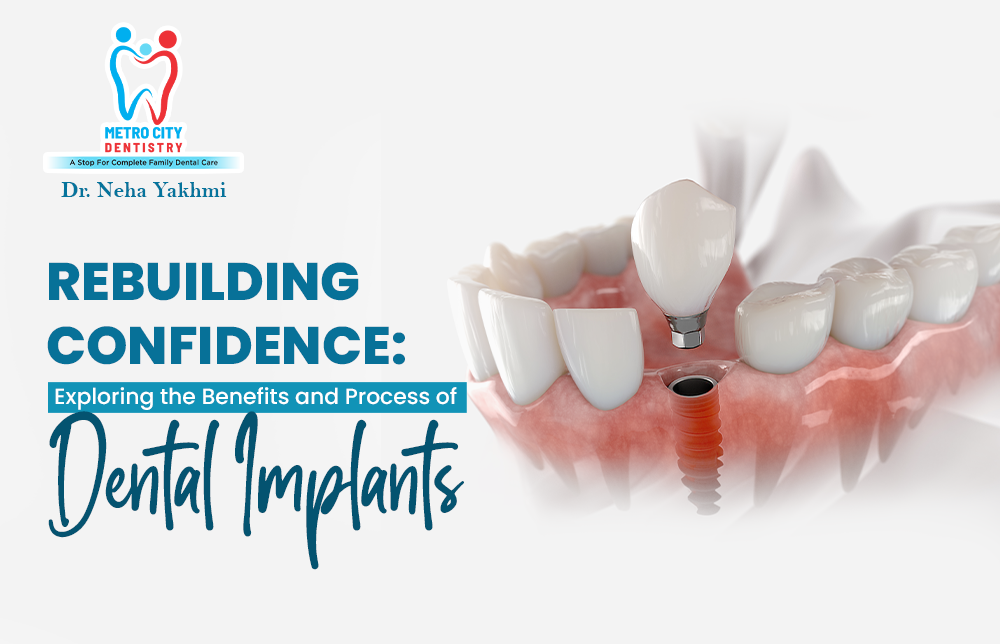A bright, white smile can enhance your appearance and boost your confidence. With so many teeth whitening options available today, choosing the right one can be overwhelming. At Metro City Dentistry, we understand that each patient has unique needs and preferences. In this blog, we will explore various teeth whitening methods to help you determine which one is best suited for you.
In-Office Teeth Whitening
What is it? In-office teeth whitening is a professional treatment performed by your dentist. This method uses a high-concentration bleaching gel and sometimes a special light or laser to accelerate the whitening process.
Benefits:
- Quick Results: In-office treatments can whiten your teeth several shades in just one visit, making it an ideal option for those seeking immediate results.
- Safe and Effective: Performed under professional supervision, this method ensures safety and maximizes effectiveness.
- Customizable: Your dentist can tailor the treatment to your specific needs, addressing any particular concerns or sensitivity issues.
Considerations:
- Cost: In-office whitening tends to be more expensive than other options due to the professional care and advanced technology involved.
- Time: Although the results are quick, you will need to set aside time for the dental visit, which can be a factor for those with busy schedules.
Take-Home Whitening Kits
What is it? Take-home whitening kits provided by your dentist include custom-fitted trays and professional-grade whitening gel. These kits allow you to whiten your teeth at your convenience.
Benefits:
- Custom Fit: The trays are molded to fit your teeth perfectly, ensuring even application of the whitening gel.
- Professional Quality: The gel provided in these kits is typically stronger and more effective than over-the-counter options.
- Convenient: You can whiten your teeth at home, on your own schedule.
Considerations:
- Consistency: Achieving the best results requires consistent use as directed by your dentist.
- Time: It may take a few days to a couple of weeks to see the desired results, depending on the severity of the discoloration.
Over-the-Counter Whitening Products
What are they? Over-the-counter (OTC) whitening products include whitening strips, gels, pens, and toothpaste available at drugstores and supermarkets.
Benefits:
- Affordability: OTC products are generally less expensive than professional treatments.
- Accessibility: These products are readily available without a prescription.
Considerations:
- Effectiveness: OTC products often contain lower concentrations of whitening agents, which may result in less dramatic and slower results.
- Fit and Comfort: Whitening strips and trays may not fit as well as custom trays, potentially causing uneven whitening or discomfort.
- Safety: Without professional supervision, there is a higher risk of misuse, which can lead to tooth sensitivity or gum irritation.
Whitening Toothpaste
What is it? Whitening toothpaste contains mild abrasives and chemical agents that help remove surface stains from teeth.
Benefits:
- Ease of Use: Simply replace your regular toothpaste with a whitening one.
- Gradual Whitening: Provides a gentle and gradual whitening effect with regular use.
- Affordable: Generally inexpensive and widely available.
Considerations:
- Limited Results: Whitening toothpaste can only remove surface stains and may not change the natural color of your teeth.
- Time: It can take several weeks or months to see noticeable results.
Natural Remedies
What are they? Natural teeth whitening remedies include baking soda, hydrogen peroxide, activated charcoal, and certain fruits like strawberries and pineapple.
Benefits:
- Cost-Effective: These methods are often inexpensive and use readily available ingredients.
- Gentle: Some natural remedies can be gentler on teeth compared to chemical whitening agents.
Considerations:
- Effectiveness: Results vary, and these methods may not be as effective as professional treatments.
- Safety: Misuse or overuse of natural remedies can damage tooth enamel and cause sensitivity. It’s important to use these methods cautiously and consult with your dentist.
Choosing the Right Whitening Option
The right teeth whitening option for you depends on various factors, including the degree of discoloration, your budget, and your preference for convenience and speed. Here are some tips to help you decide:
- Consult with Your Dentist: Before starting any whitening treatment, it’s essential to consult with your dentist to assess your oral health and discuss the best options for your needs.
- Consider Your Goals: If you need quick, dramatic results, in-office whitening might be the best choice. For more gradual, affordable whitening, consider take-home kits or OTC products.
- Evaluate Sensitivity: If you have sensitive teeth or gums, your dentist can recommend specific products or treatments that minimize discomfort.
- Maintenance: Remember that maintaining a white smile requires good oral hygiene and avoiding stain-causing foods and drinks.
Contact us
At Metro City Dentistry, we offer a range of teeth whitening options tailored to meet your specific needs. Contact us today to schedule a consultation and take the first step towards a brighter, more confident smile.











